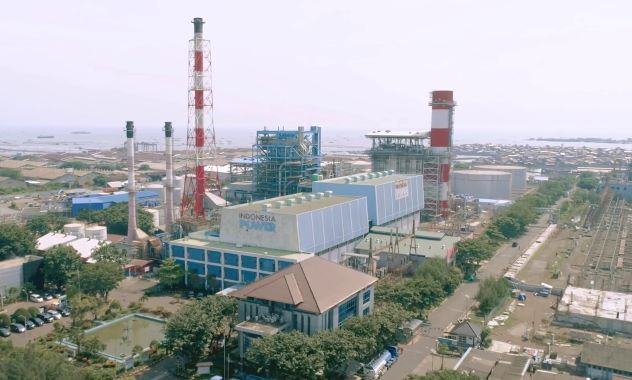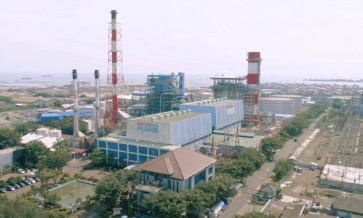Popular Reads
Top Results
Can't find what you're looking for?
View all search resultsPopular Reads
Top Results
Can't find what you're looking for?
View all search resultsAdvancing Indonesia into a regional CCS hub
While Indonesia is now joining the bandwagon of leveraging CCS to achieve net-zero targets, it is important to note that CCS technology remains relatively expensive compared with alternative decarbonization options, even in developed countries.
Change text size
Gift Premium Articles
to Anyone
I
n recent times, global interest in carbon capture and storage (CCS) technology has surged. While this technology has been evolving over the past five decades, the pressing concerns of climate change and energy security have accelerated its growth.
In Asia, countries like Japan, China, Thailand and Malaysia have demonstrated a keen interest in CCS development. The technology encompasses the capture, transportation, and underground storage of carbon dioxide. Furthermore, CO2 can be repurposed to enhance oil and gas production or utilized in industrial processes such as converting it into plastic or concrete. This practice is known as carbon capture, utilization and storage (CCUS).
Indonesia has shown a commitment to the development of CCS/CCUS technologies. In March of this year, the Energy and Mineral Resources Ministry issued Regulation No. 2/2023 on the implementation of CCS and CCUS in upstream oil and gas business activities." Currently, the government is preparing a presidential regulation on CCS. This regulation is poised to create opportunities for CCS development beyond the oil and gas sector. The draft regulation marks Indonesia's initial step toward establishing itself as a CCS hub in Southeast Asia, paving the way for CCS hub development.
While Indonesia is now joining the bandwagon of leveraging CCS to achieve net-zero targets, it is important to note that CCS technology remains relatively expensive compared with alternative decarbonization options, even in developed countries.
For instance, in the United Kingdom, the cost of CCS ranges from US$122 to $160 per tonne, and in the European Union, it varies between $74 and $265 per tonne. This stands in contrast to the carbon price in the EU carbon market, which hovers around $85 per tonne.
Given the cost challenge, several countries are not only formulating policies and regulations, but they are also providing direct subsidies to accelerate CCS development by derisking projects.
In the UK, for example, the government has allocated approximately $1 billion per year for 20 years to fund eight CCS projects. Similarly, in Europe, for the Northern Light project in Norway, the government is financing two-thirds of the total investment costs. These projects represent CCS hubs, wherein CCS captures CO2 from multiple sources, including oil and gas, power generation and the industrial sector.



















